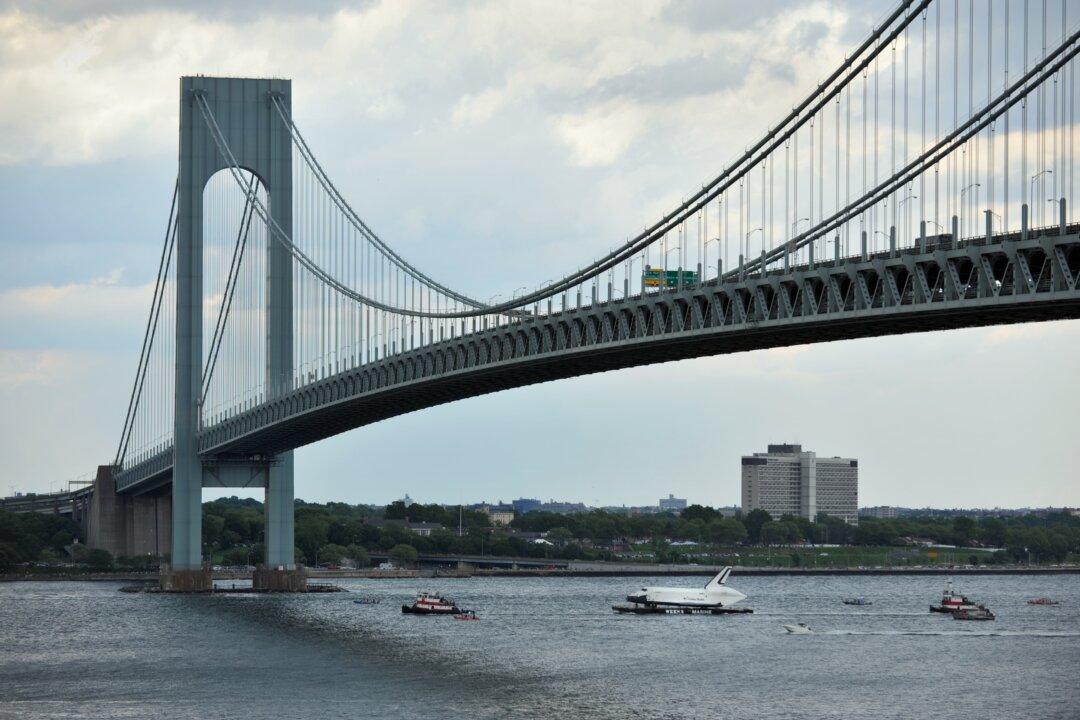State officials are launching a petition today, asking Governor Andrew Cuomo to give Brooklynites the same Verrazano-Narrows Bridge toll cut Staten Island residents are getting.
The toll cut, proposed by Cuomo and approved by the Metropolitan Transportation Authority comes in the form of an E-ZPass rebate that will go into effect April 1, reducing the $6 one-way toll to $5.50 for residents.
The rebate program is being funded with $7 million from the state and $7 million from the MTA, and would need to be renewed yearly.
On Feb. 26, the MTA board approved the toll rebate program despite former lieutenant governor Richard Ravitch’s protest and some hesitation within the board.
Board member Mark Page had abstained from the vote, saying “this is a state initiative, not an MTA initiative.”
There were several mentions of whether the MTA would have wanted to divert resources to a toll rebate program given the many other priorities of the authority. Board members and a representative from the Tri-state Transportation Campaign said Staten Island needed more transportation infrastructure and a toll reduction would not solve that problem.
The toll reduction has been in the works since 2012. Governor Cuomo proposed funding for it, allocating half the cost in state funds, early February. Assemblymember Michael Cusick and Senator Andrew Lanza worked together with Cuomo on the toll reduction and are reportedly backing Cuomo in the upcoming reelection, according to Staten Island Advance.
Senator Martin Goldman, Assemblywoman Nicole Malliotakis, and MTA board member Allen Cappelli will kick off the rally for a Brooklyn toll reduction at the Brooklyn entrance of the Verrazano-Narrows bridge at 11:30 a.m. Friday.
Meanwhile, 32 Assemblymembers have are calling on Cuomo to reverse his decision to take $40 million in bonds from the MTA. The state is responsible for paying for some of the MTA’s capital bonds, but has used some of that money most years since 2009 for other items in the budget.





